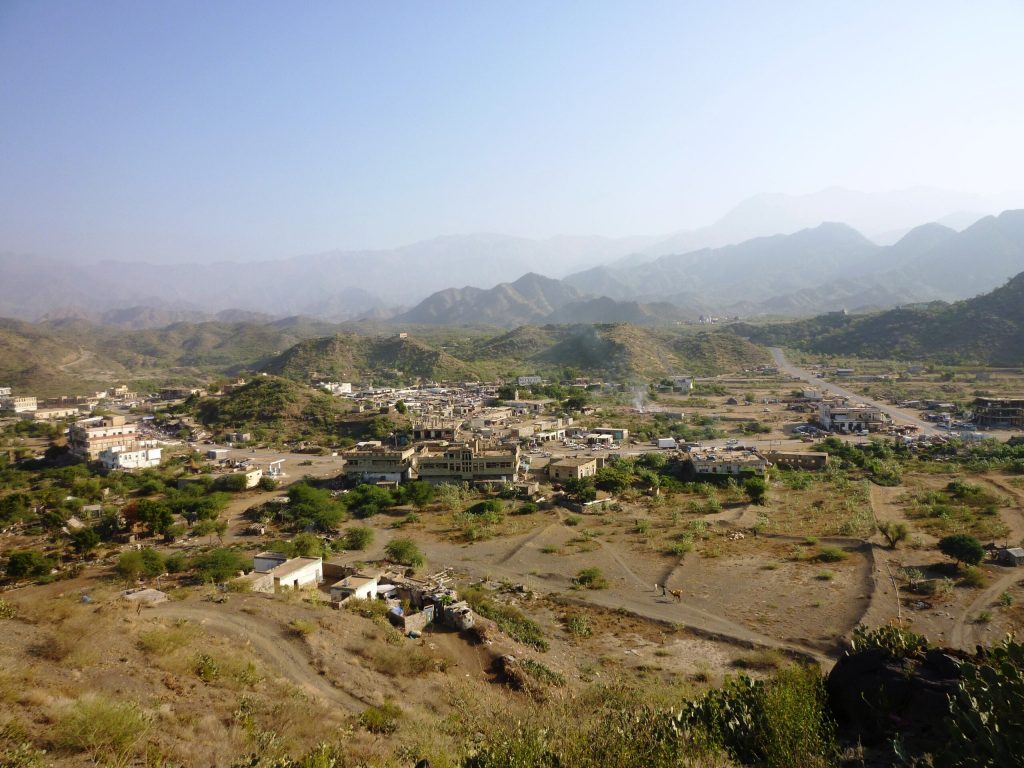
EU Civil Protection and Humanitarian Aid/Flickr
The need for greater ‘localisation’ of humanitarian and social assistance is clear in conflict and protracted crisis settings. The increasing difficulty for international organisations to operate is a key driver of localisation, as is the recognition of the essential role local actors (including government and civil society) play in improving the relevance, legitimacy, sustainability and effectiveness of aid. For social protection programs, the role of government as a local actor may be particularly complex or contested in these settings. This episode will explore the progress and challenges of this shift towards localisation, and how local organisations in Yemen and Southeast Asia have stepped up where international or government systems are weak.
This is the second episode of the three-part series on “Social Protection in Conflict and Protracted Crisis”, produced by socialprotection.org, organised by STAAR Facility and BASIC Research and in partnership with the Foreign, Commonwealth and Development Office, FCDO, which has funded the series and provided invaluable support in shaping the episodes and connecting us with guests.
To read the full article: click here
Disclaimer: Except for articles published on Blog Tadamon and the content of the resource pages, all materials on this website, including their respective photographs, are indexed from their original sources. All rights remain with the respective copyright holders.

Comments are closed, but trackbacks and pingbacks are open.